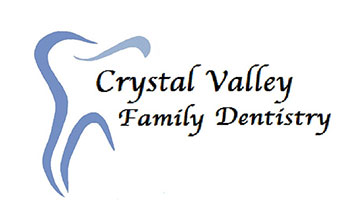
Grinding or Clenching Your Teeth
Bruxism refers to the grinding or clenching of the teeth and is one of the most common known sleep disorders. It can cause unnecessary stress on the teeth and even do permanent damage.
Symptoms of Bruxism
- Earache
- Depression
- Headaches
- Eating disorders
Chronic stress, Alzheimer’s disease, and alcohol abuse are often accompanied with bruxism.
It is important to properly diagnose bruxism to make sure there is no other cause of tooth wear present.
Reasons to treat Bruxism
- Gum disease and tooth loss: Due to the pressure being exerted on the teeth, it can actually cause them to become loose. This contributes to periodontal disease by allowing for bacteria to form in hard-to-reach pockets. If left untreated, the teeth may eventually come all the way out.
- Trauma: Grinding and clenching may cause excessive wear to the teeth. Teeth may even crack or fracture.
- Arthritis: In the worst cases, grinding and clenching can lead to arthritis in the temporomandibular joints (jaw joints).
How bruxism is treated
Although there is no cure for bruxism, there are some things we can use to minimize and/or eliminate the effects.
- Mouthguards: Mouthguards can be used to prevent damage from happening to the teeth by covering them. It adds a barrier between the teeth so grinding no longer does damage.
- NTI-tss device: Covering only the front teeth, the NTI-tss prevents grinding of the molars by limiting the temporalis muscle.
- Botox®: Botox® can be used to weaken the face muscles enough to stop the grinding and clenching, but not enough to eliminate vital functions like eating and speaking.
- Relaxation & Stress Relief: Practicing stress management and relaxation techniques can help minimize grinding.
Once the disorder is under control, there are restorative methods that Dr. Regan DDS can use to bring your smile back to its natural look and feel.
Please ask us if you have any questions or concerns about bruxism, we’d be happy to discuss treatment options with you.


